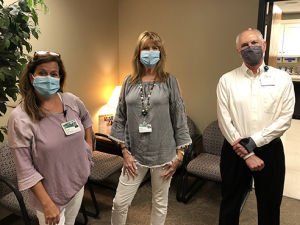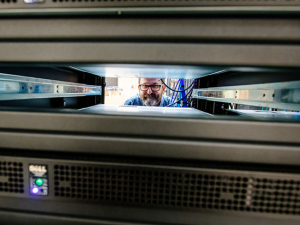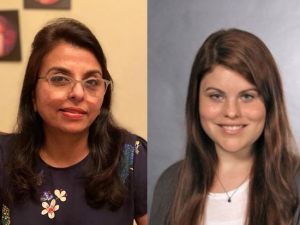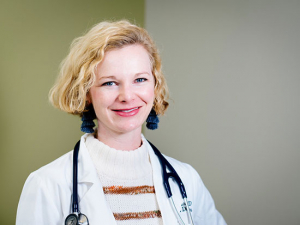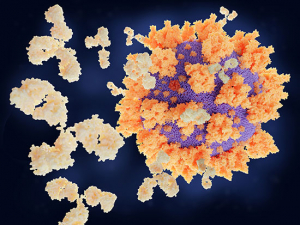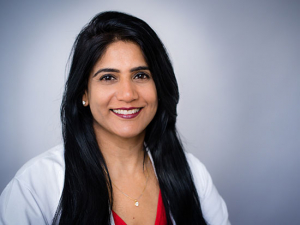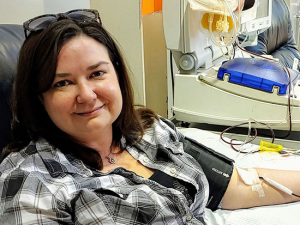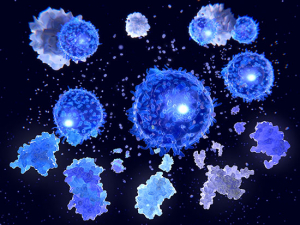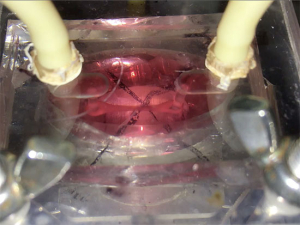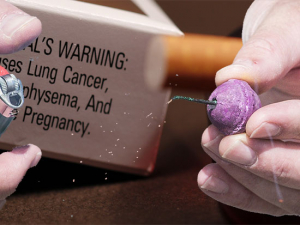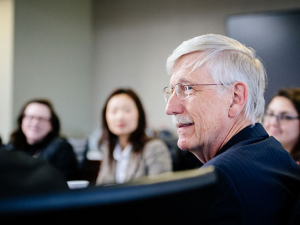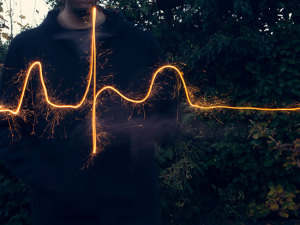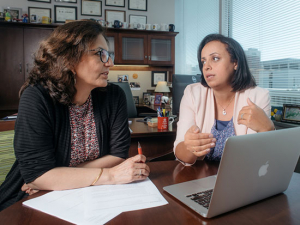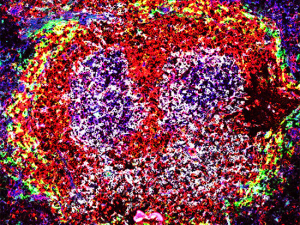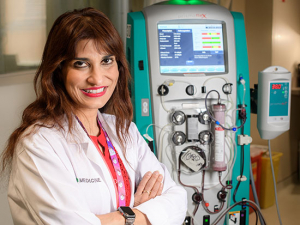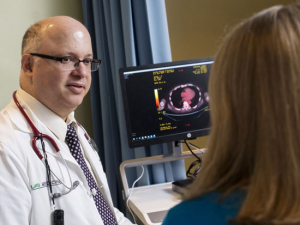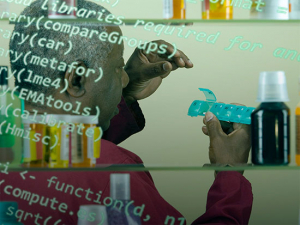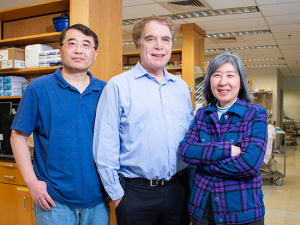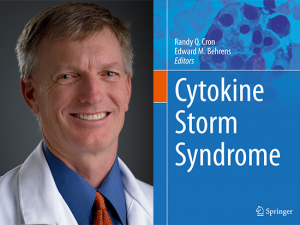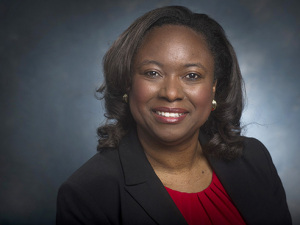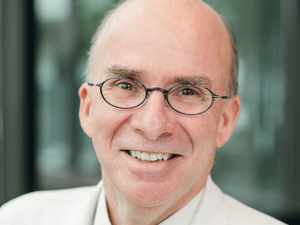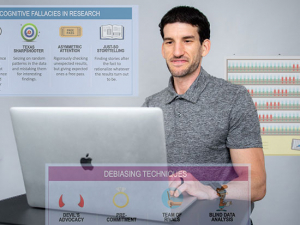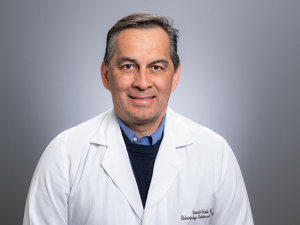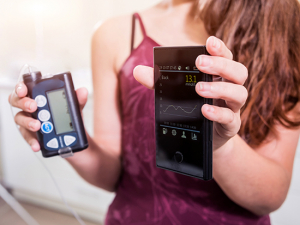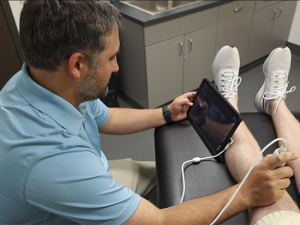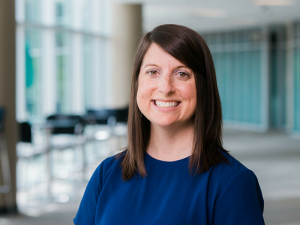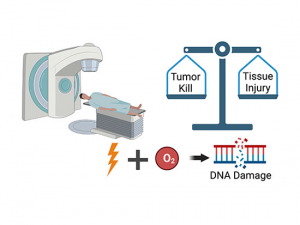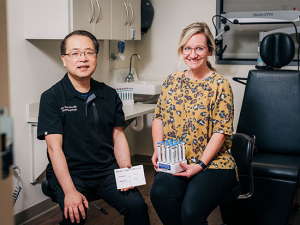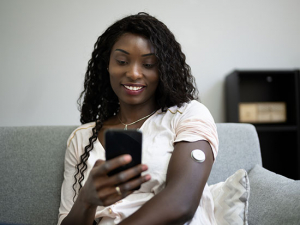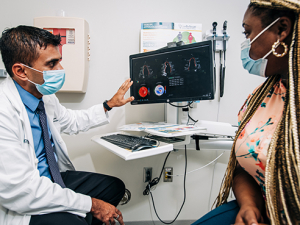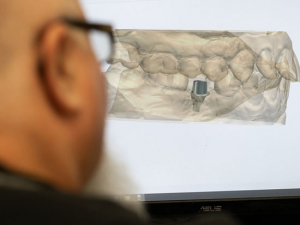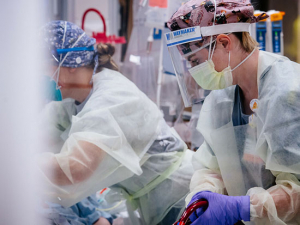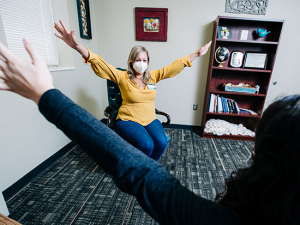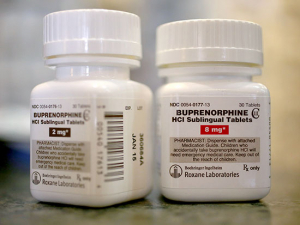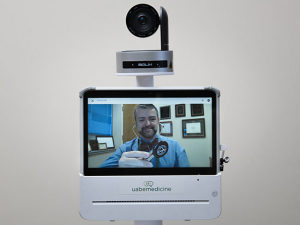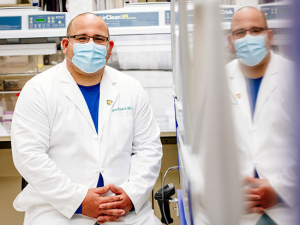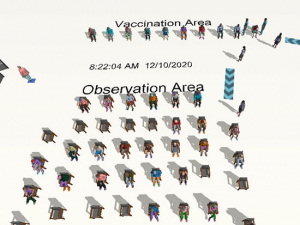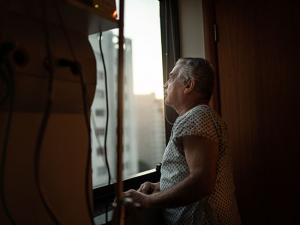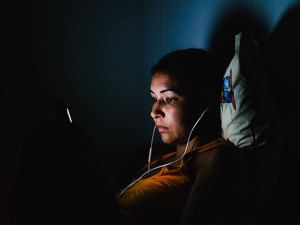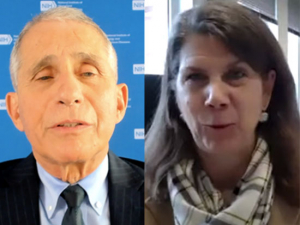Displaying items by tag: department of medicine
 Get a glimpse into how employees are continuing their unique and important work during UAB’s limited business operations.
Get a glimpse into how employees are continuing their unique and important work during UAB’s limited business operations.
Cheaha now is certified for use with protected health information, including medical records and genomic data, which investigators describe as a “big deal.”
Endowed chairs in cancer disparity research and psychiatry were appointed, along with endowed professorships in pediatrics and otolaryngology; all are inaugural holders.
Bioreactors built to offer new insights on lung cancer are being adapted to study coronavirus infection and test new treatments in this project supported through UAB’s urgent COVID-19 research fund.
Assistant Professor Ellen Eaton, M.D., an infectious diseases specialist, is leading the Jefferson County health department’s effort to reach special populations.
In this project supported through UAB’s urgent COVID-19 research fund, Professor Randall Davis aims to identify antibodies that block SARS-CoV-2 from entering human cells — information that could guide convalescent plasma therapy and more.
Vineeta Kumar, M.D., professor in the Division of Nephrology, is one of 12 faculty selected to receive the 2019 UAB President’s Award for Excellence in Teaching.
UAB is part of several trials to test whether an infusion of antibodies from people who have beaten COVID-19 can help those dealing with infection or at risk for infection. Donors are needed.
Trial to rapidly identify and treat the immune overreaction that may be behind some cases of severe COVID-19 is made possible through UAB Medicine’s Urgent COVID-19 Clinical Research and Laboratory Research Fund.
Lab-grown human heart tissue could mean better drug tests, faster transplants and more accurate models of disease. To get there, Palaniappan Sethu, Ph.D., is stretching ingenuity.
UAB algorithm offers doctors a step-by-step guide to connect patients with HIV to best smoking-cessation options.
Are there differences in the way that minority groups and people with low socioeconomic status experience chronic low back pain? Learn more about an ongoing study in this new series that looks behind the scenes of UAB’s latest grants and contracts.
Learn how UAB researchers are taking on the most feared complication of the new generation of blood-thinning drugs.
UAB-led study finds that genetic variations associated with cognitive decline after BMT identify high-risk patients more accurately than current methods.
Go behind the scenes of UAB’s latest grants and contracts in this new series to discover a fresh approach to treat an autoimmune disease and its mysterious double-negative B cells.
Nephrologist Ashita Tolwani, M.D., is internationally renowned for her expertise in continuous renal replacement therapy. UAB’s CRRT Queen explains this powerful, complex therapy and how UAB became a global leader in the field.
An innovative study led by Luciano Costa, M.D., Ph.D., generated national buzz for its success in beating back blood cancer — and enrolling African American patients.
Investigators attract major grants to use AI on failed drug trials, cell-free DNA and puzzling CT scans.
Single-cell sequencing enables researchers to study disease as never before — even skipping through time to follow crucial populations. UAB experts explain what all the fuss is about and how to get started in single-cell research — a field that is wide open for discovery.
A new textbook by Randy Cron, M.D., Ph.D., the first of its kind, can help physicians diagnose and treat an often-puzzling condition with a host of causes.
Five faculty are translating proven methods directly from Birmingham to locations around the world with pilot funding from the Sparkman Center for Global Health.
Monica Baskin, professor of preventive medicine, is the winner of the 2019 Odessa Woolfolk Community Service Award for her work to influence change in the field of health disparities action and research.
Gustavo “Tavo” Heudebert, M.D., interim dean of the UAB School of Medicine Montgomery Regional Medical Campus, is the recipient of the highest award for teaching presented by UAB. He will be recognized during the Faculty Convocation Sept. 10.
Faculty at UAB developed Rigor, Reproducibility and Transparency to draw attention to common lab mistakes. The gamified online course has spread to 15 insitutions and counting.
